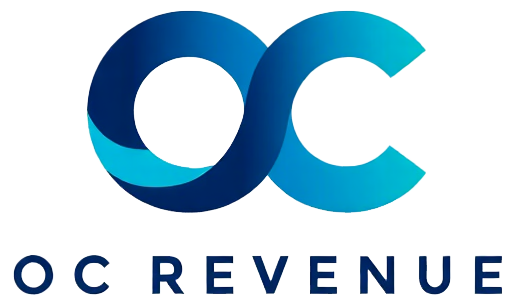Table of Contents
- Executive Summary:
- Key Takeaways:
- Is RevOps Strategy & Alignment the Key to 2025’s Market Disruption?
- The Strategic Role of RevOps in Navigating Market Disruption
- Achieving Cross-Department Collaboration to Maximize Revenue Impact
- Leveraging Data and Revenue Intelligence for Optimized Decision-Making
- Change Management and Stakeholder Engagement in RevOps Transformation
- Optimizing Resource Investment for Market Leadership in 2025
Recent Articles
Is RevOps Strategy & Alignment the Key to 2025’s Market Disruption?
Executive Summary:
In the rapidly evolving landscape of 2025, aligning Revenue Operations (RevOps) strategy is emerging as a critical differentiator for market disruption. This article examines how enterprises can leverage RevOps to drive operational excellence, improve forecasting accuracy, and accelerate growth through cross-department collaboration and data-driven insights.
Key Takeaways:
- Integrating RevOps enhances forecasting, pipeline optimization, and revenue attribution to propel competitive advantage.
- Cross-functional alignment reduces friction between sales, marketing, and customer success, improving customer experience and retention.
- Investing in advanced sales technology and revenue intelligence tools supports data-driven decision-making and risk management.
- Consulting partnerships are instrumental in change management, stakeholder engagement, and embedding best practices for sustained growth.
- RevOps enables enterprises to respond rapidly to market shifts while optimizing compensation models and team structures.
Is RevOps Strategy & Alignment the Key to 2025’s Market Disruption?
The Strategic Role of RevOps in Navigating Market Disruption

Revenue Operations (RevOps) is no longer a back-office support function but a strategic cornerstone for enterprises seeking to navigate the disruptive market forces projected for 2025. At the executive level, the growing impetus is on integrating analytics, forecasting, and revenue enablement into a unified strategy that aligns sales, marketing operations, and customer success teams.
For large organizations juggling complex territory management and multi-touch attribution models, RevOps offers a framework to improve pipeline accuracy and accountability. This strategy enhances the orchestration of sales automation tools and journey mapping processes that directly influence customer onboarding and retention outcomes.
Consulting firms specializing in RevOps have proven integral to helping companies overcome typical enterprise challenges such as divergent team structures, siloed data, and inconsistent compensation plans. Using a combination of performance benchmarking and revenue intelligence, consultants guide leadership through the required change management initiatives that embed RevOps as a catalyst for market disruption.
Recognized thought leadership, such as the Forbes analysis highlights how RevOps drives measurable business growth by amplifying revenue predictability and accelerating customer upsell through better health scoring and lifecycle management.
Achieving Cross-Department Collaboration to Maximize Revenue Impact

One of the most critical benefits of a well-orchestrated RevOps strategy is the facilitation of collaboration across traditionally siloed departments — sales, marketing, and customer success. This cross-functional alignment streamlines marketing handoff, enabling revenue attribution models that accurately reflect team effort and impact.
At the enterprise level, misalignment between these teams often leads to suboptimal lead routing, inconsistent messaging, and fragmented account management efforts. RevOps initiatives focus on unifying these workflows through comprehensive tools and standardized processes such as sales technology integration and automated territory management.
Strategic consulting partners often deploy organizational capability assessments and stakeholder management frameworks to diagnose collaboration barriers. Leveraging these insights supports training programs that enhance performance and compensation models aligned with shared business objectives.
Industry reports like the TechCrunch feature emphasize that companies adopting integrated RevOps strategies realize improved customer experience scores and reduced churn rates, which are imperative for long-term market leadership.
Leveraging Data and Revenue Intelligence for Optimized Decision-Making

Data and revenue intelligence underpin the actionable insights required for agile decision-making in an uncertain market environment. RevOps strategies emphasize advanced analytics and predictive modeling to refine forecasting, optimize pipeline health, and anticipate customer behavior shifts proactively.
Enterprises face challenges in data fragmentation and inconsistent performance benchmarking that obscure the true sales cycle velocity and customer success indicators. Consulting engagements often introduce centralized data platforms and real-time dashboards that promote transparency across revenue teams.
Additionally, revenue intelligence tools facilitate risk management by providing comprehensive visibility into customer upsell opportunities and churn prevention signals. These capabilities allow leadership to allocate resources efficiently and design adaptive compensation structures that incentivize desired behaviors.
The Gartner report underscores how automated data-driven RevOps implementations are becoming the backbone of market disruptors, delivering quantum leaps in revenue growth and operational excellence.
Change Management and Stakeholder Engagement in RevOps Transformation
Successful adoption of RevOps requires more than process redesign—it demands rigorous change management and proactive stakeholder engagement at all organizational levels. Executives must manage cultural shifts away from siloed KPIs toward unified revenue goals tied to comprehensive metrics like health scoring and multi-touch attribution.
Consulting firms provide critical support by designing tailored communications, training curricula, and governance frameworks that embed new team structures and workflows sustainably. This includes aligning compensation plans to reward cross-departmental collaboration and clear revenue contribution.
Frequently, resistance to change stems from uncertainty about evolving roles and tools. Experts mitigate this through scenario planning and journey mapping that illustrate the benefits of integrated RevOps for customer lifecycle management and revenue enablement.
Harvard Business Review’s research demonstrates a strong correlation between deliberate change management practices in RevOps transformations and improved time to market during disruption phases.
Optimizing Resource Investment for Market Leadership in 2025
Allocating resources effectively in the context of RevOps is essential for enterprises aiming to lead in 2025’s disruptive environment. This requires a strategic balance between investing in cutting-edge sales automation tools and training programs that enhance talent capabilities and team performance.
Consulting experts assist C-suite leaders in conducting resource audits and forecasting revenue impact scenarios based on data-driven insights. This supports informed decisions around pricing models, compensation strategies, and territory realignment to maximize pipeline conversion rates and customer success.
McKinsey’s insights on leveraging RevOps for market leadership stress the importance of creating integrated teams empowered by revenue intelligence and enablement platforms that drive sustained growth.
Ultimately, enterprises that embrace holistic RevOps approaches report higher customer retention, improved revenue attribution clarity, and robust churn prevention, positioning themselves as innovators amidst market turbulence.

